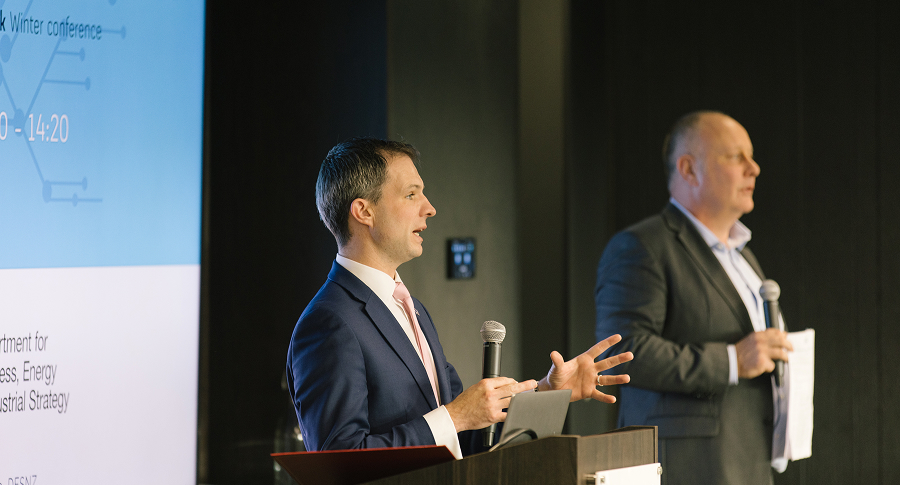Over the summer, UK Parliament launched an inquiry titled 'heating our homes'. Read Regen's response to the corresponding call for evidence.

Over the summer, UK Parliament launched an inquiry titled 'heating our homes'. Read Regen's response to the corresponding call for evidence.

Improving the fabric efficiency of homes and switching to low carbon heating is not just about our climate commitments; these interventions are necessary building blocks for healthy, resilient 21st century communities. To level up our housing, we will need a combination of market interventions, strong policy, and national and local government to work together.
Regen's response to the inquiry's call for evidence focuses on three key interdependent challenges at the centre of home heating that we have identified through our work:
Across these three themes, we need to build confidence in the direction of travel. We need clarity for consumers, trust for the supply chain to invest in growth, and a solid basis for locally delivered place-based projects.
Sign up to receive our monthly newsletter containing industry insights, our latest research and upcoming events.